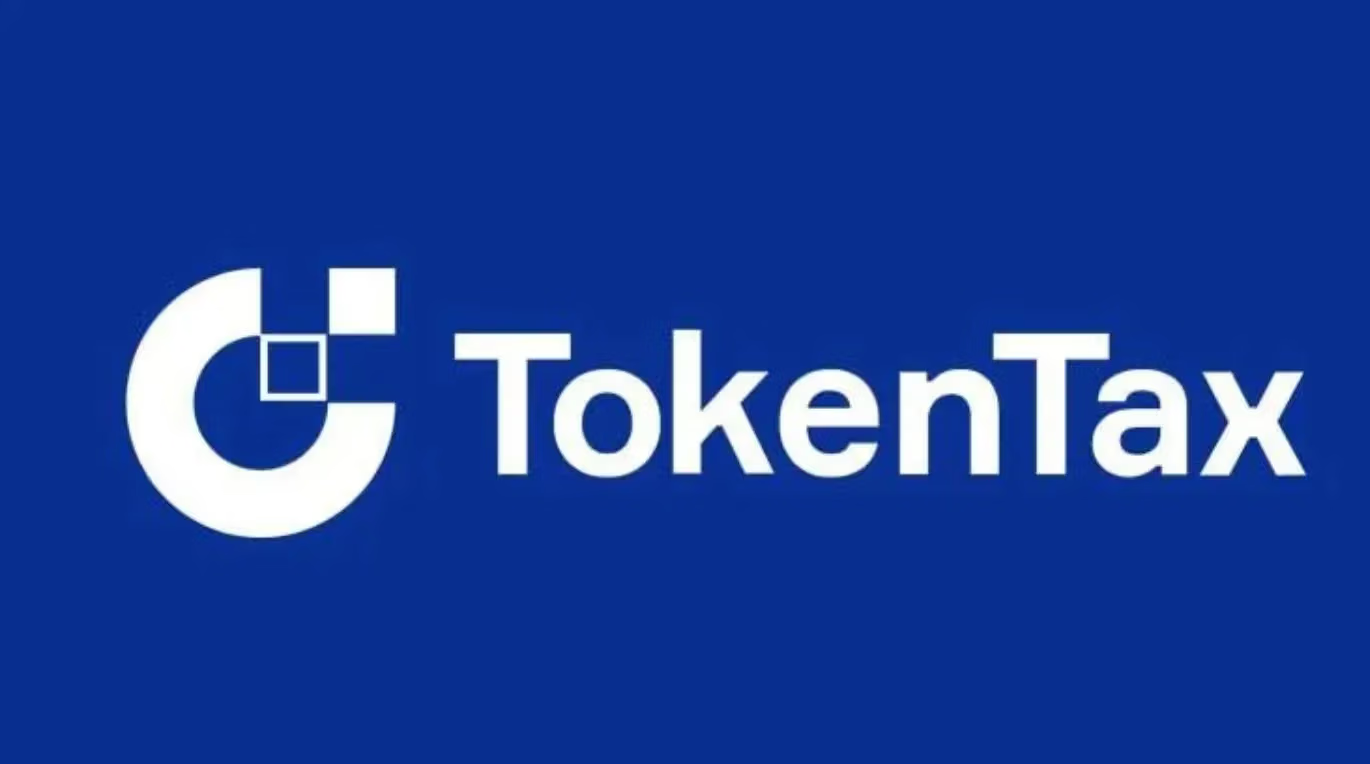
Crypto tax can feel like a daunting maze of forms, numbers, and legal jargon. But with the IRS releasing updated guidance for 2023, understanding how to stay compliant—and possibly save some money—has never been more important. This guide will break it all down for you in simple, actionable steps. Whether you’re trading Bitcoin, staking Ethereum, or flipping NFTs, we’ve got you covered.
Why Does the IRS Care About Crypto Taxes?
The IRS treats cryptocurrency as property. That means every transaction—whether you sell, trade, or spend it—can trigger a crypto tax event. For casual investors and seasoned traders alike, keeping track of these events is crucial to avoid penalties.
Since crypto’s popularity has skyrocketed, the IRS has tightened its oversight, introducing new rules to ensure transparency. Let’s take a closer look at the 2023 updates.
Key Updates in the 2023 IRS Crypto Tax Guidance
1. Form 1099-DA: Simplifying Reporting
Starting in 2023, exchanges and platforms must issue Form 1099-DA (Digital Asset) to users and the IRS. This form summarizes your taxable crypto activities, such as trades and sales.
Advertisement
Join Gemini today and get $15 in free Bitcoin when you trade with an easy, secure and U.S.-regulated crypto exchange you can trust. Offer valid for U.S. residents only; crypto investments are risky.
- Tip: Double-check your records against the 1099-DA to ensure accuracy. Reporting inconsistencies could flag your return for an audit.
2. Staking and Mining Income Defined
The IRS has clarified the tax treatment of staking and mining:
- Staking Rewards: Taxed as income when received, even if you don’t cash them out.
- Mining Rewards: Also taxed as income at the time of receipt.
If you’re staking or mining, keep detailed records of your earnings.
3. Airdrops and Hard Forks
Free crypto isn’t tax-free!
- Airdrops: Taxable as income when the tokens become available to you.
- Hard Forks: If you receive new tokens due to a fork, they’re also taxable income.
4. NFTs Now Classified as Digital Assets
Buying, selling, or even minting NFTs? The IRS considers them digital assets, which means they’re subject to taxes:
- Selling an NFT: Pay taxes on the profit (sale price minus the cost of acquiring/minting).
- Minting an NFT: If you sell it later, the profit is taxable as a capital gain.
How to Report Crypto Taxes in 2023
The Essential Forms
Here’s what you’ll need:
- Form 8949: List all your crypto trades, sales, and taxable events.
- Schedule D: Summarize your total capital gains and losses.
- Schedule 1: Report staking or mining income as “Other Income.”
Understanding Tax Rates
- Short-Term Capital Gains: If you’ve held the crypto for less than a year, gains are taxed as ordinary income.
- Long-Term Capital Gains: Held for over a year? You benefit from lower tax rates (0%, 15%, or 20%, depending on income).
Strategies to Reduce Your Crypto Tax Bill
1. Tax Loss Harvesting
Did your crypto investments take a hit? Use those losses to offset gains. You can even deduct up to $3,000 of losses from your regular income.
2. Consider Crypto IRAs
Investing in a crypto IRA allows your gains to grow tax-free or tax-deferred, depending on the type of IRA you choose.
3. Use Crypto Tax Software
Tools like Koinly, CoinTracker, and others can automatically track your transactions, calculate your tax liability, and help you stay compliant.
What Happens If You Don’t Report Crypto?
Ignoring your crypto taxes is risky business. The IRS is increasing its efforts to monitor unreported cryptocurrency activity. Thanks to blockchain technology and mandatory exchange reporting, they can trace unreported transactions. Failure to comply can lead to fines, interest on unpaid taxes, and even audits.
The Future of Cryptocurrency Taxes
The IRS is steadily evolving its approach to crypto taxation, and we can expect more changes in the coming years. As adoption grows and new use cases like DeFi and NFTs gain traction, tax policies will likely expand to address these innovations.
Staying informed and proactive is your best bet for minimizing stress—and your tax bill.
Final Thoughts
Taxes might not be the most exciting part of crypto, but they’re an unavoidable reality. The good news? By understanding the IRS’s 2023 guidance, you can navigate your tax obligations with confidence.
Stay organized, use the right tools, and don’t hesitate to consult a tax professional if you need extra help. And remember, the sooner you tackle your crypto taxes, the sooner you can get back to doing what you love—whether that’s trading, hodling, or diving into the metaverse.




